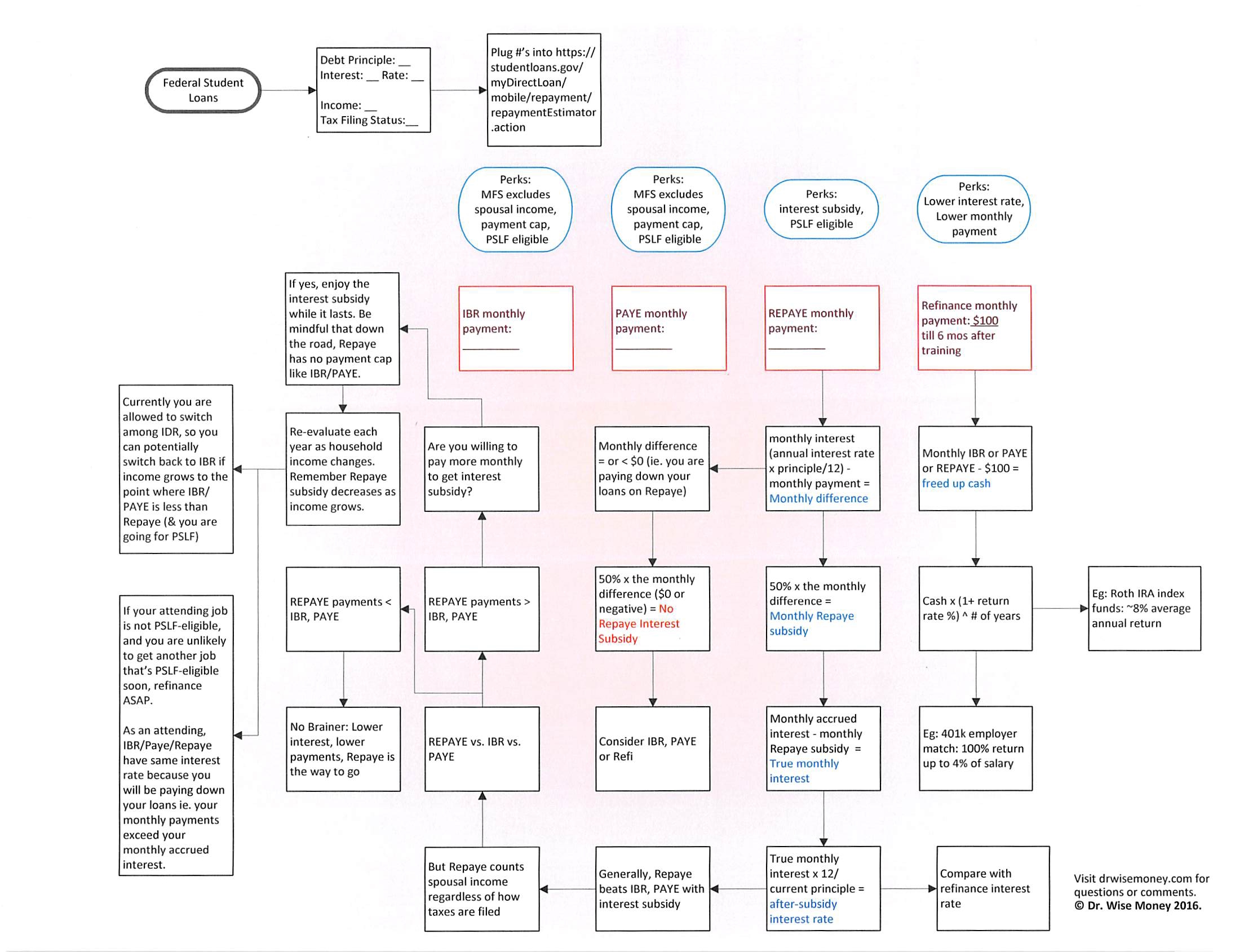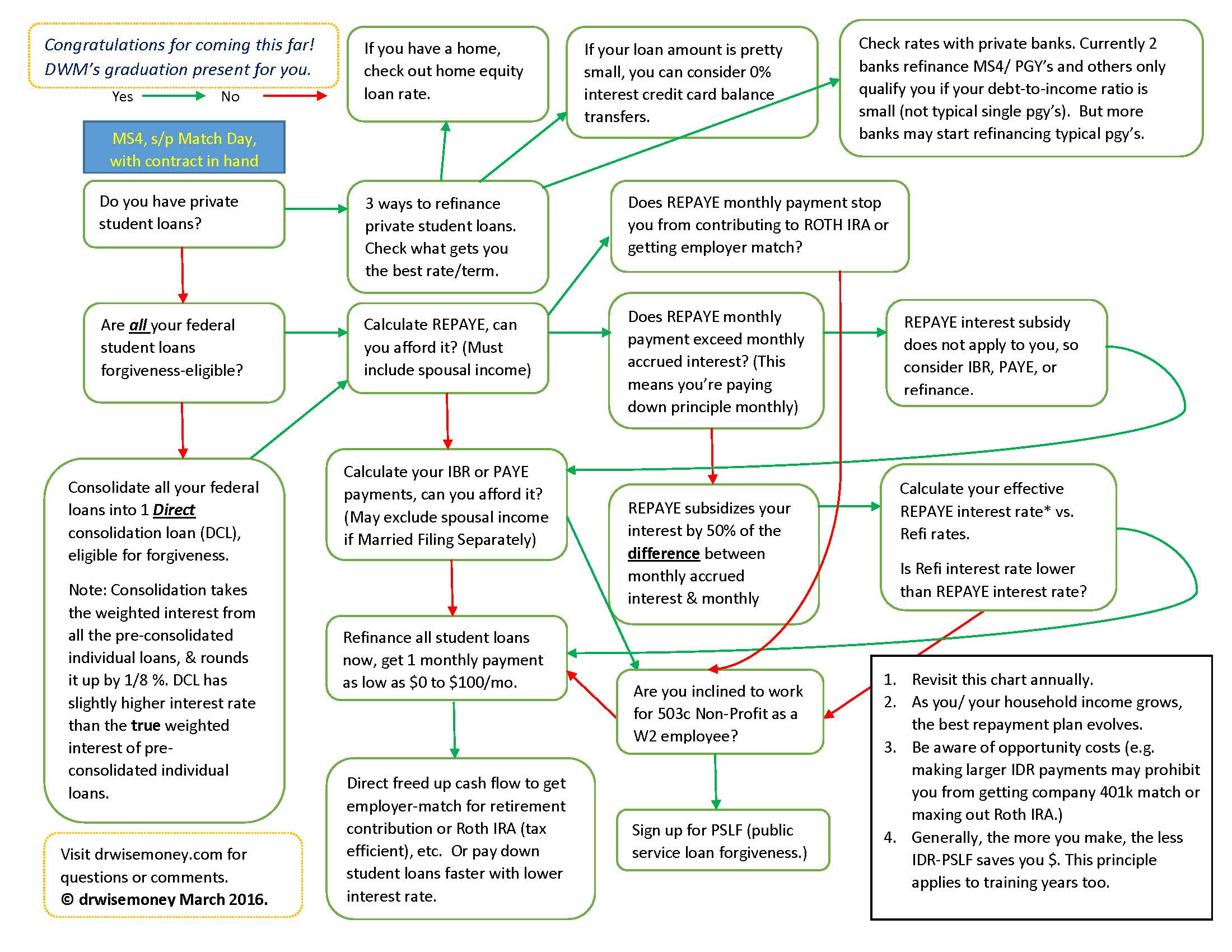Hi everyone,
I've been accepted to Med School for the past couple of months and I've thought a lot about the total cost of attendance for 4 years at the current 7% interest rate. The debt has never worried me before as I know that the earning potentials I'll have as an attending will far outweigh the amount I'm going to take out. I even have a significant family contribution, but I will still be very highly in debt by the time I'm an attending. I've been perseverating over this the last few weeks and trying to justify spending any money beyond the bare essentials while in med school.
I guess what I'm asking is how you guys can balance living hundreds of thousands of dollars in debt while still living like a human being and going out to eat every once in a while, seeing a movie, buying a flight to see family, etc?
It just seems so overwhelming to imagine spending anything on non-essentials when I'll be saddled with such a large amount of debt. The idea of spending the next 7-9 years in a state of less than poverty is really freaking me out.
Does anyone feel the same way? Do people have tips for how to manage my finances? Any relevant personal experiences? Please share especially if you have encouraging words.
Thanks in advance.
Edits:
1. I never meant that I was ever even entertaining the possibility of not attending med school. Regardless of debt, I will be starting this Fall.
2. By less than poverty I mean financial status, not access to basic needs. In fact many med students can live like royalty if they max out all their loans.
I've been accepted to Med School for the past couple of months and I've thought a lot about the total cost of attendance for 4 years at the current 7% interest rate. The debt has never worried me before as I know that the earning potentials I'll have as an attending will far outweigh the amount I'm going to take out. I even have a significant family contribution, but I will still be very highly in debt by the time I'm an attending. I've been perseverating over this the last few weeks and trying to justify spending any money beyond the bare essentials while in med school.
I guess what I'm asking is how you guys can balance living hundreds of thousands of dollars in debt while still living like a human being and going out to eat every once in a while, seeing a movie, buying a flight to see family, etc?
It just seems so overwhelming to imagine spending anything on non-essentials when I'll be saddled with such a large amount of debt. The idea of spending the next 7-9 years in a state of less than poverty is really freaking me out.
Does anyone feel the same way? Do people have tips for how to manage my finances? Any relevant personal experiences? Please share especially if you have encouraging words.
Thanks in advance.
Edits:
1. I never meant that I was ever even entertaining the possibility of not attending med school. Regardless of debt, I will be starting this Fall.
2. By less than poverty I mean financial status, not access to basic needs. In fact many med students can live like royalty if they max out all their loans.
Last edited:


